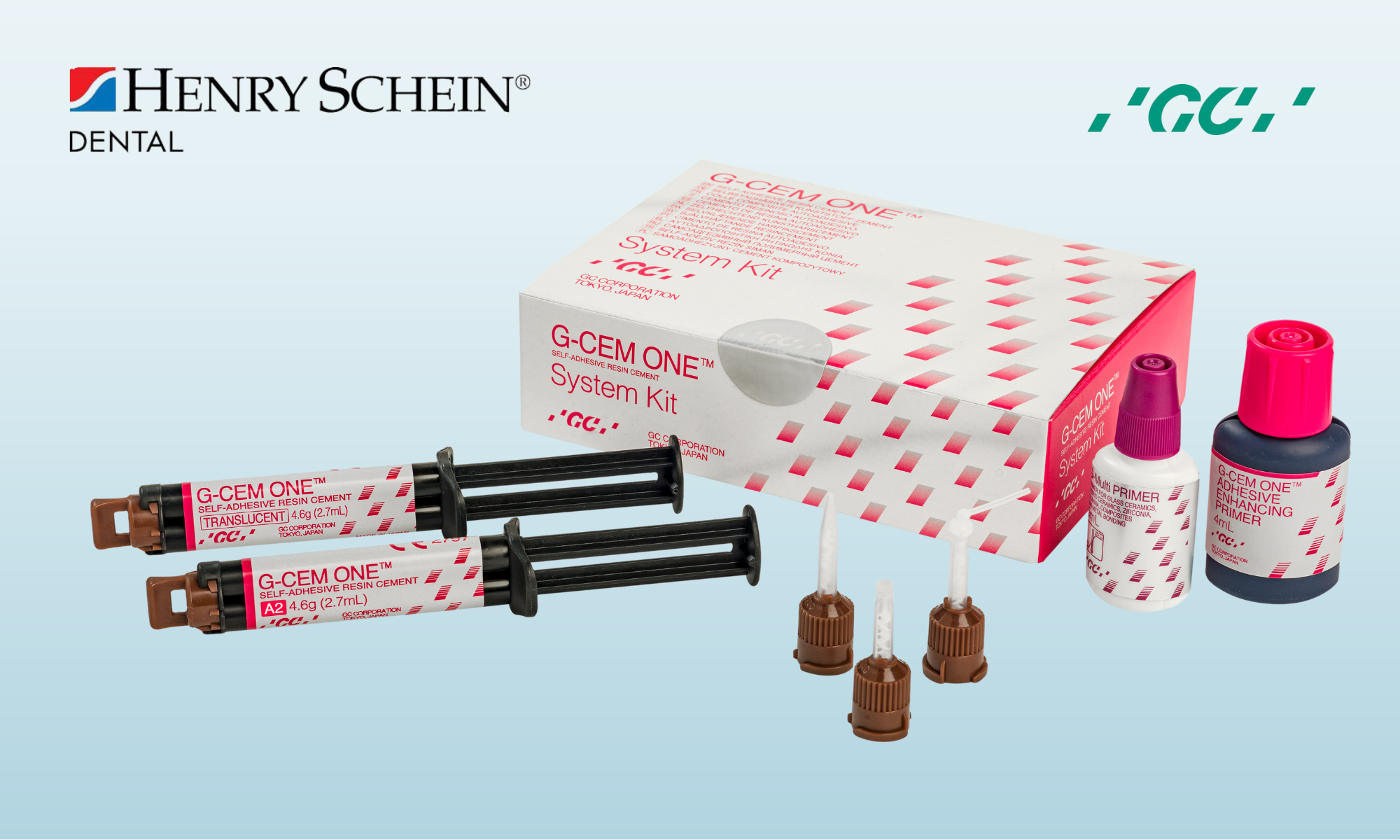Plastic packaging tax: what does it mean for dentistry?

In an era where environmental concerns are gaining prominence, industries across the board are being pushed to adopt more sustainable practices. Dentistry, a sector currently reliant on various single-use plastic products, is no exception to this global movement. The introduction of the Plastic Packaging Tax and Extended Producer Responsibility (EPR) is set to reshape the way dental practices operate.
In this blog, we will look into what the Plastic Packaging Tax means for dentistry and explore how these changes might impact dental professionals, practices, and the broader industry.
The Plastic Packaging Tax and Extended Producer Responsibility: what is it?
.png?width=332&height=199&name=blog%20images%20(6).png) The Plastic Packaging Tax is a newly implemented UK legislation that seeks to hold producers accountable for the environmental impact of the plastic packaging they introduce into the market.
The Plastic Packaging Tax is a newly implemented UK legislation that seeks to hold producers accountable for the environmental impact of the plastic packaging they introduce into the market.
This includes the full net cost of dealing with the waste from the point of introduction to the end of its life cycle. As part of the extended responsibility, producers are required to manage and cover the costs of collection, recycling, disposal, litter clean-up, and more.
Effects on the dental sector
- Cost implications: Dental practices often rely on single-use plastic products, such as gloves, masks, and packaging for instruments and materials. With the Plastic Packaging Tax in effect, packaging containing less than 30% recycled content could lead to increased costs for dental practices. This might result in higher prices from suppliers, impacting the financial bottom line of practices.
-1.png?width=354&height=590&name=blog%20portrait%20(3)-1.png)
- Sustainability awareness: The introduction of the packaging tax and EPR may lead to heightened awareness about the environmental impact of products, prompted by rising costs of taxable products.
- Product packaging: Manufacturers of dental products will likely need to reassess their packaging practices to align with the new regulations. This could entail redesigning packaging to incorporate more recycled content or exploring alternative materials that meet the sustainability criteria.
- Waste management and reporting: Dental practices may need to revamp their waste management procedures to ensure accurate tracking and reporting of packaging materials.
- Innovation in dentistry: The packaging tax and EPR could act as catalysts for innovation within the dental sector. Manufacturers and suppliers may invest in research and development of sustainable packaging materials and product designs to mitigate the tax burden and contribute to overall sustainability.
Want to reduce your plastic tax? Shop our range of greener products!
.png?width=315&height=315&name=Untitled%20design%20(14).png) The Plastic Packaging Tax and Extended Producer Responsibility represent a significant shift in the way businesses, including dental practices, operate. While challenges like increased costs and regulatory adjustments are on the horizon, these changes also present opportunities for the dental sector to embrace innovation, reduce its environmental footprint, and contribute to a more sustainable future.
The Plastic Packaging Tax and Extended Producer Responsibility represent a significant shift in the way businesses, including dental practices, operate. While challenges like increased costs and regulatory adjustments are on the horizon, these changes also present opportunities for the dental sector to embrace innovation, reduce its environmental footprint, and contribute to a more sustainable future.
By staying informed, adapting packaging practices, and implementing effective waste management strategies, dental practices can navigate the changing landscape and play a role in promoting a greener world.
As the dental industry evolves in response to these new regulations, it's important for professionals to remain proactive and seek out resources that support sustainable practices. By embracing these changes, the dental sector can lead the way in demonstrating environmental responsibility while still providing top-notch patient care.

